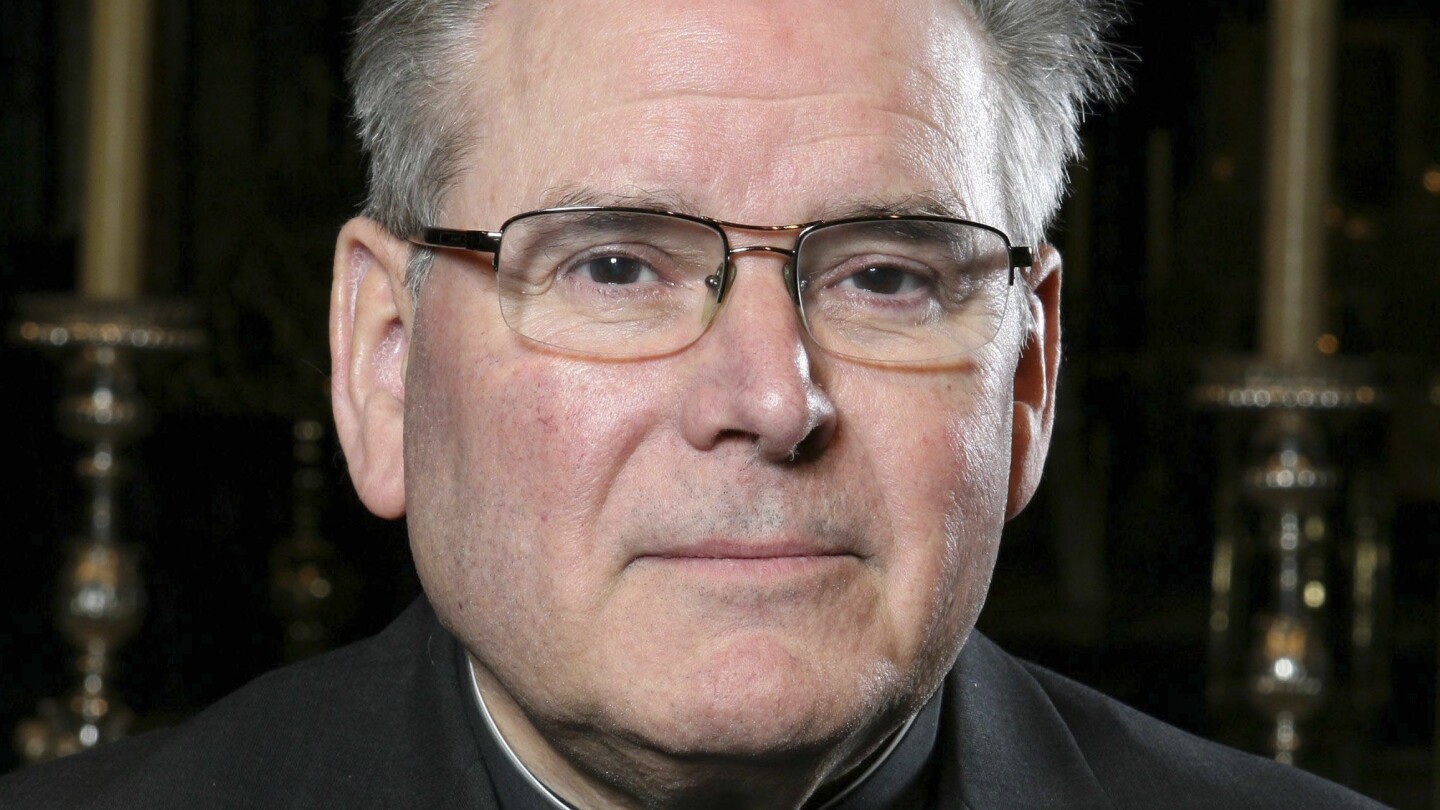ROME (AP) — Pope Francis on Thursday defrocked a notorious Belgian bishop who admitted 14 years ago that he sexually abused his nephew but faced no Vatican punishment.
The case of Roger Vangheluwe, the emeritus bishop of Bruges, long ago became a symbol of the Catholic Church’s hypocrisy and dysfunction in dealing with cases of abuse. Not only was he allowed to quietly retire after the scandal broke in 2010, but his superior, Cardinal Godfried Danneels, was caught on tape asking one of his victims to keep his abuse secret until the bishop left office.
The Vatican announcement that Francis had laicized Vangheluwe came a few months before the pope is due to visit Belgium, where the case would have been an unwelcome and problematic distraction.
Vangheluwe, 87, shot to international infamy in 2010 amid disclosures he had sexually abused his young nephew for over a dozen years when he was a priest and later a bishop. He later admitted he also abused a second nephew. All along, he made light of his crimes, describing his abuse as “a little game” that didn’t involve “rough sex.”
He was allowed to retire two years shy of the normal retirement age, but faced no further punishment. It was evidence of the Holy See’s general refusal at the time to sanction Catholic bishops even for admitted sex crimes.
The Vatican embassy in Belgium said in a statement Thursday that in recent months “grave new elements” had been reported to the Holy See’s sex abuse office that justified reopening the case.
It didn’t say what new information had been received. But in recent months Belgium’s own bishops have grown increasingly public in their stated outrage at the Vatican’s refusal to take action against Vangheluwe.
In September, Antwerp Bishop Johan Bonny told Belgian broadcaster VRT that the Belgian bishops had asked the Vatican for years, in writing and in person, to defrock Vangheluwe but got no response.
In its statement, the Vatican embassy said that after Vangheluwe’s defense was heard, the Dicastery for the Doctrine of the Faith presented the case to Francis on March 8. Three days later, it said, Francis decided to accept the recommendation that Vangheluwe be laicized. It is the harshest punishment that the Vatican can hand down, but it just means that Vangheluwe is now a layman and cannot present himself as a priest.
He asked to be allowed to live in a retreat house “without any contact with the world” to dedicate himself to prayer and penitence, the statement said.
Lieve Halsberghe, a Belgian advocate for abuse survivors, said the Vatican’s belated laicization brought no justice to Vangheluwe’s victims and was a mere “PR stunt” ahead of Francis’ visit later this year to Leuven, where the pope is to commemorate the 600th anniversary of Belgium’s Catholic university.
“Images of child sexual abuse were found in 2011 on the man’s computer and charges were never laid, because Vangheluwe is protected in high places,” Halsberghe told The Associated Press. “The gesture of the Vatican today, after 14 years of charades with letters to and from the Vatican, is no more than a PR stunt of the Vatican, pressured by the Belgian bishops.”
The Vangheluwe scandal proved a watershed moment for the overwhelmingly Roman Catholic nation of 11.5 million, though he was never prosecuted criminally in Belgium because his actions exceeded the statute of limitations.
In the wake of the revelations, a special commission produced a report with harrowing accounts of Catholic clergy molesting hundreds of victims, some as young as two years old, and said the abuse led to at least 13 suicides. The head of the commission said that, in reality, the abuse was even worse but many victims could still not bring themselves to talk.
The scandal is by no means over: Belgium’s parliament is currently holding hearings on abuse, and just this week protesters demonstrated outside the French Catholic community where Vangheluwe went to live after he retired.
“Justice kneels before the church,” read a sign one of the protesters held.

